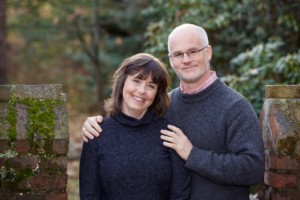Mary Oliver’s Evidence

1/19/19 Note: Mary Oliver died Thursday at her home in Florida. After more than 15 collections of poems, she had become America’s most beloved and quoted poet.
in 2015, after a bout with cancer, she told Krista Tippett she had become “kinder, more people-oriented, more willing to grow old.” “I always was investigative in terms of everlasting life, but a little more interested now. A little more content with my answers.”
Mary Oliver was a gift that reconnected many of us to the world we live in. She asked each of us to consider how we will spend our “wild and precious life.” It’s a great question for this weekend.
—-
Half way through a busy travel day, my laptop died. I plugged in the extended life battery and it died. I turned on my Kindle and it froze. So I reached in my bag for a last minute addition, Evidence, Mary Oliver’s 19th collection of poems.
Having read most of her previous work, I think Evidence is my favorite. As with previous collections, there are lots of birds and grass, but this collection is different in two ways. On one hand, her age is showing. Mary deals more frequently with grief and mortality; “Each of us leaves and unfinished life;” and
We shake with joy, we shake with grief.
What a time they have, these two
housed as they are in the same body.
The collection isn’t dark, just reflective. Mary would say “clamoring toward” happiness. In Swans, she concludes
What we love, shapely and pure,
is not to be held,
but to be believed in.
On the other hand, her maturity allows short unadorned moments of wonder. (You’ll notice the brevity of these 47 poems when you page through this little book.) This is a collaboration between the heart of a grandmother and the eyes of a child:
I have become older and, cherishing what I have learned,
I have become younger.
Like Stafford’s, You Reading This, Be Ready, the title poem is a wake up call to “Keep some room in your heart for the unimaginable.” And:
I ask you again: if you have not been enchanted by
this adventure—your life—what would do for you?
Oliver sums it all up describing the “singular and cheerful life of any flower”
by its obedience
to the holiest of laws:
be alive
until you are not.
Having waited for the tide to go out for a beach run this morning, this quote sealed it, “Eventually tides will be the only calendar you believe in.” Take it on your next trip.






0 Comments
Leave a Comment
Your email address will not be published. All fields are required.